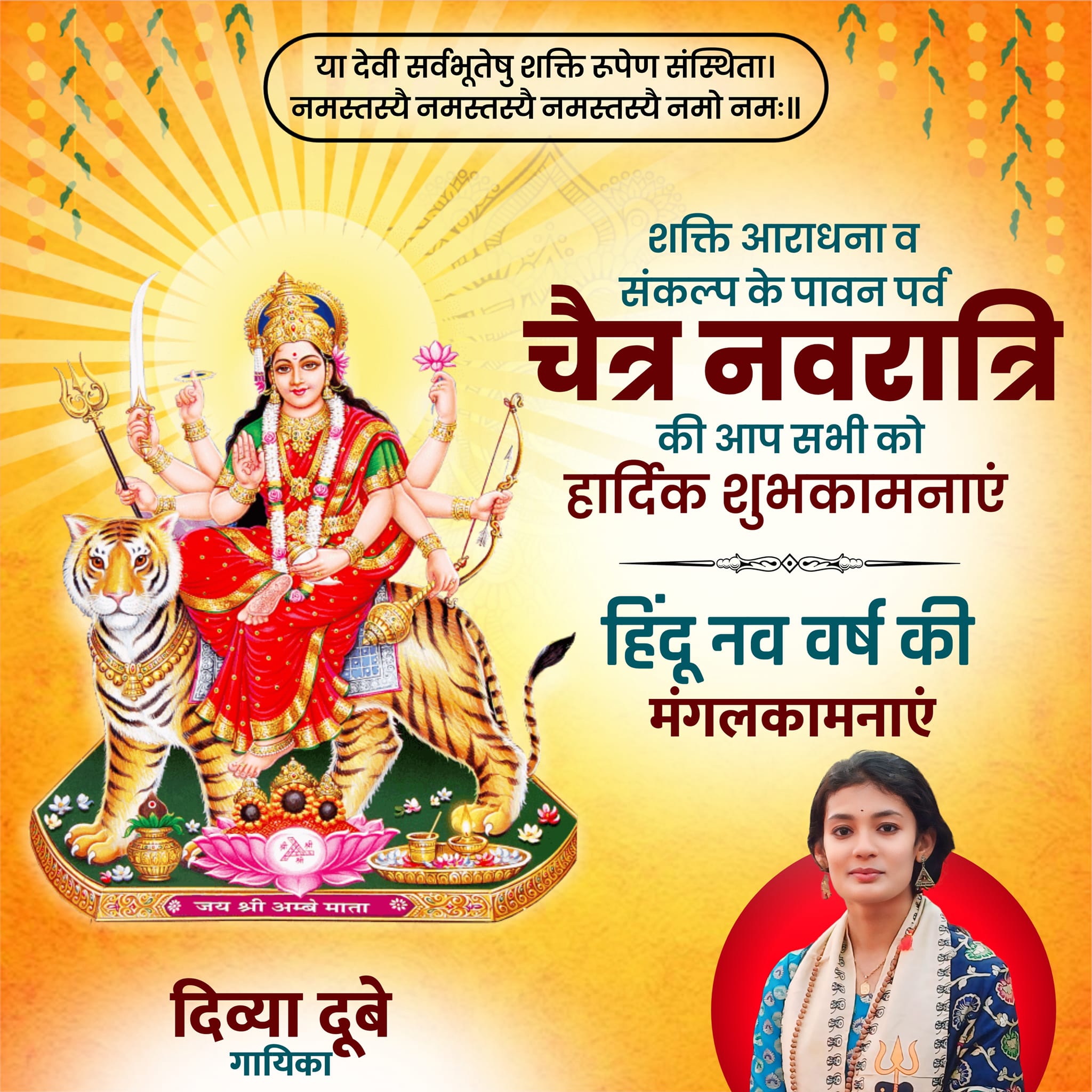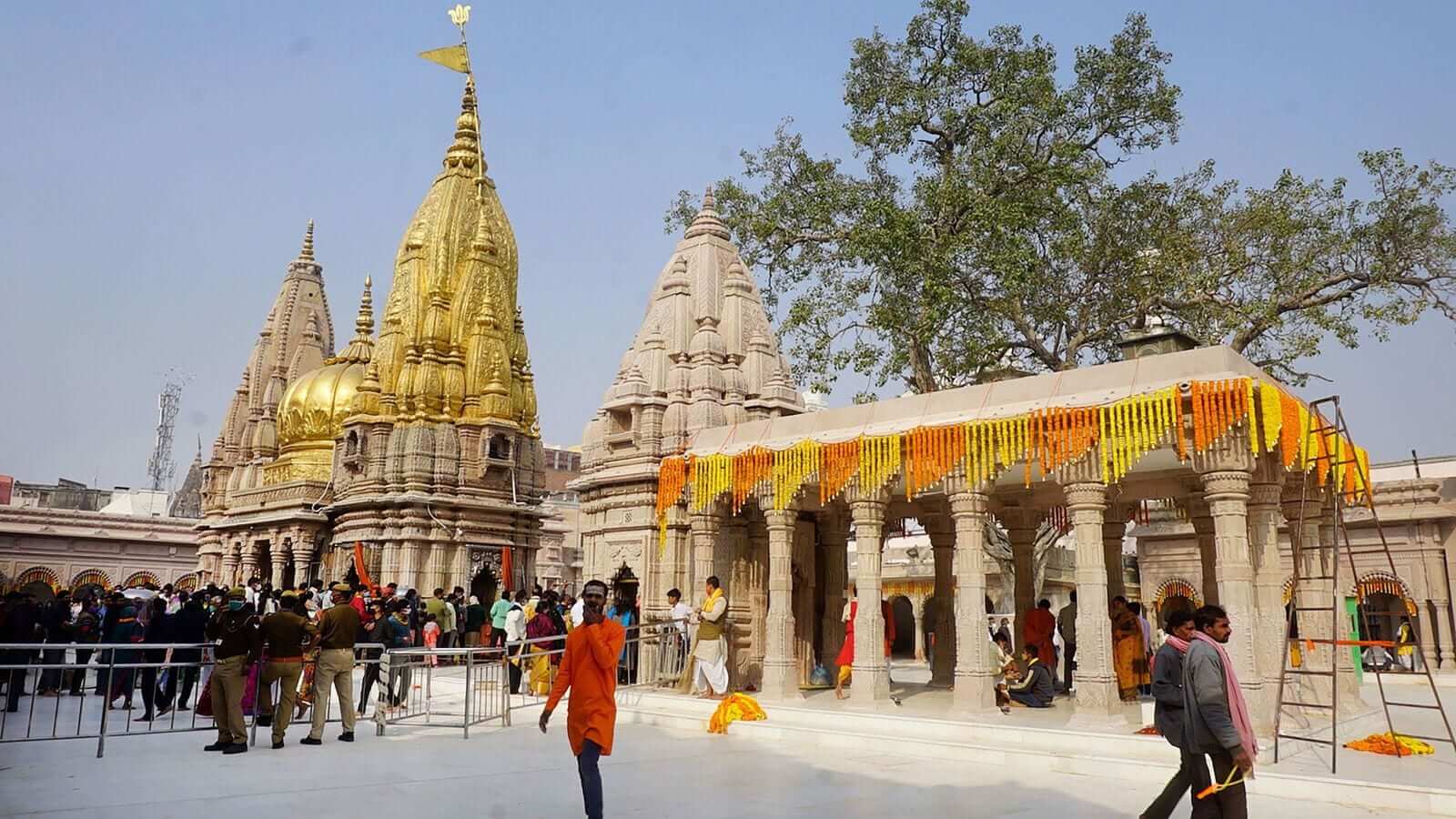Baba Kashi Vishwanath: The Eternal Symbol of Devotion and Spirituality
Nestled on the western banks of the sacred Ganges, in the heart of the city of Varanasi, stands the revered Kashi Vishwanath Temple—dedicated to Lord Shiva, the supreme deity of destruction and regeneration. Known as Baba Vishwanath, the lord of the universe, this temple is one of the twelve Jyotirlingas and holds immense significance in Hinduism.
A Sacred History
The Kashi Vishwanath Temple has stood the test of time, bearing witness to numerous historical upheavals. Its origins trace back to ancient times, with mentions in Vedic texts and Puranas. The temple's sanctity stems from its association with Lord Shiva, who, according to legend, resides in Kashi to liberate souls from the cycle of life and death. The present structure was constructed by Ahilyabai Holkar, the Maratha queen, in 1780, after centuries of destruction and reconstruction by various rulers.
Kashi: The City of Moksha
Kashi, or Varanasi, is not just a city; it's a spiritual journey. Often referred to as the "City of Light" or "The City of Shiva", Varanasi is believed to be the oldest continuously inhabited city in the world. It is said that dying in Kashi grants moksha—the liberation from the cycle of birth and rebirth. Pilgrims from all over the world flock to this holy city with the desire to experience divine grace and immerse themselves in its rich culture and religious fervor.
The Ganga Aarti, held every evening on the ghats of Varanasi, is a mesmerizing spiritual spectacle, where devotees offer prayers to the Ganges River while bells, chants, and the fragrance of incense fill the air. The proximity of the temple to the ghats enhances its spiritual significance, as devotees believe that a dip in the sacred Ganga followed by darshan at Kashi Vishwanath brings blessings and purification.
The Jyotirlinga of Kashi Vishwanath
The main deity at the Kashi Vishwanath Temple is the Jyotirlinga, a representation of Shiva in his infinite, radiant form. Unlike other temples where the deity may be represented in a human or idol form, the Jyotirlinga is a symbol of light and cosmic energy, signifying the presence of the eternal Lord Shiva. It is believed that just one glimpse (darshan) of this Jyotirlinga fulfills the innermost desires of the devotees and leads them towards spiritual liberation.
Significance in Hindu Mythology
In Hindu mythology, Kashi Vishwanath has a profound connection with the concept of Shiva's role as the cosmic protector. According to ancient scriptures, Kashi is the place where Shiva’s third eye opened, releasing immense spiritual energy. It is also believed that during the pralaya (the great dissolution of the universe), Kashi will remain intact as Shiva’s abode.
The temple's location along the Ganges makes it an ideal place for rituals related to death and moksha. Many families bring the ashes of their loved ones to Varanasi to be immersed in the sacred waters, believing that this will grant the deceased liberation from the cycle of reincarnation.
A Pilgrimage of Transformation
Visiting Kashi Vishwanath is more than just a pilgrimage; it is a transformative experience. As you enter the temple premises, the air is filled with the continuous chant of "Har Har Mahadev", and the soul-stirring sound of temple bells reverberates through the alleys. The vibrant atmosphere of the surrounding lanes, bustling with devotees, sadhus, and spiritual seekers, adds to the sacredness of the experience.
The temple, although steeped in ancient traditions, welcomes all with open arms. Whether you're a staunch believer or simply a traveler in search of peace, the magnetic pull of Kashi Vishwanath is undeniable.
Rituals and Festivals
The temple hosts a range of daily rituals and major festivals, including Maha Shivaratri, when thousands of devotees flock to the temple to celebrate the divine wedding of Lord Shiva and Goddess Parvati. On this occasion, the Jyotirlinga is decorated with flowers, and special pujas are performed, accompanied by hymns and chants that echo the timeless devotion of the people.
Another significant event is Kartika Purnima, a festival of lights where the entire city is illuminated with oil lamps, symbolizing the victory of light over darkness.
Modern Significance and Recent Developments
The Kashi Vishwanath Temple has undergone recent renovations as part of the Kashi Vishwanath Corridor Project, initiated to provide easier access for pilgrims and enhance the spiritual experience. Despite these modern developments, the temple has retained its ancient charm, continuing to serve as a beacon of faith, drawing millions of devotees annually.
The temple not only reflects India's rich cultural and religious heritage but also stands as a symbol of resilience, embodying the spirit of Kashi itself—eternal, undying, and ever-vibrant.




